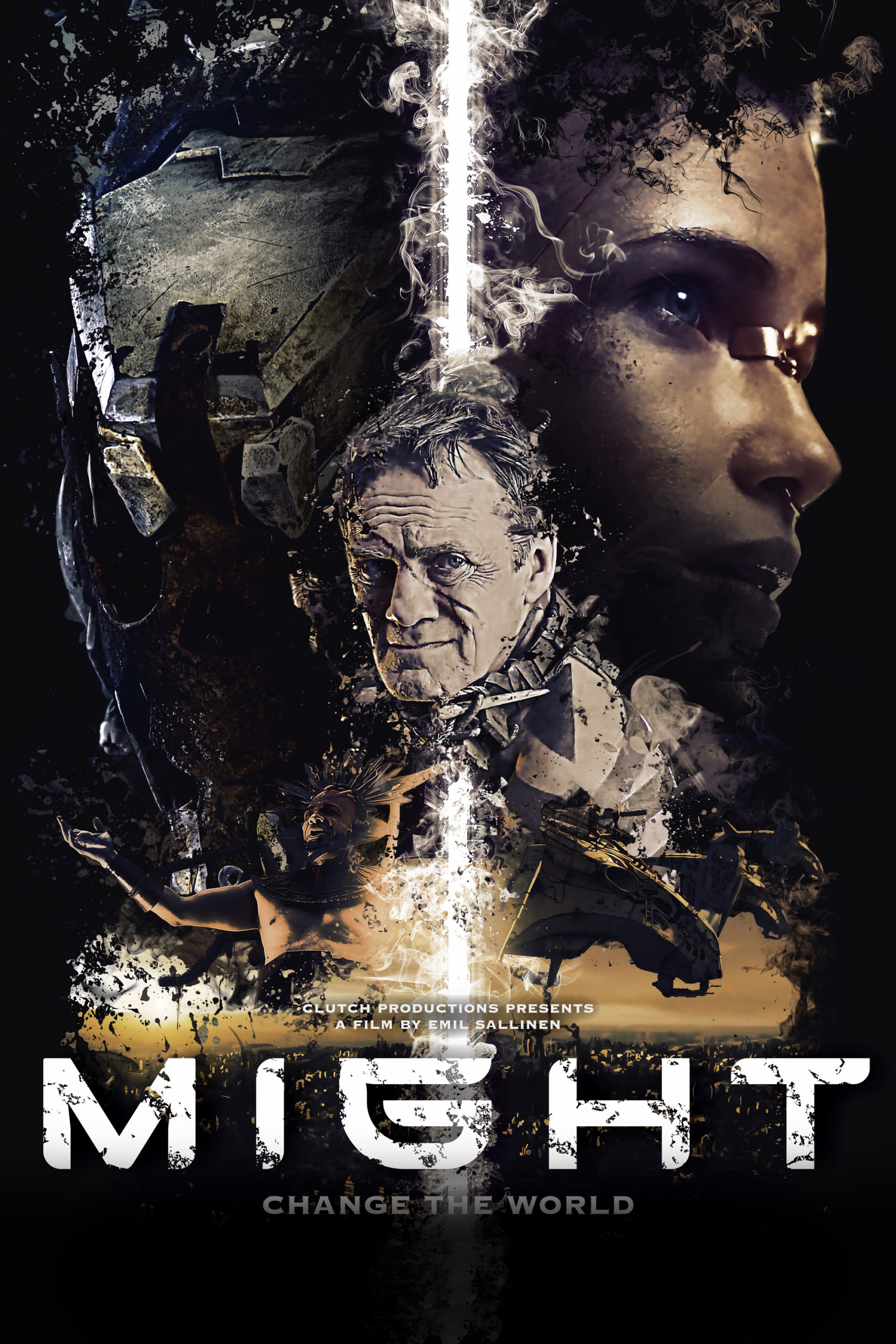
Emil Sallinen
Emil Sallinen (born 1988) has made shorts and documentaries since 2006 in both English, Swedish and Finnish. He has studied directing and screenwriting at the Finnish film school Arcada UAS 2009 – 2014 and graduated as a Bachelor of Arts. Sallinen’s short films and documentaries have been screened and awarded in over 30 festivals all over the globe. His works have also regularly been published on the Finnish public service channel YLE.
For most of his works, Sallinen has teamed up with his brother Artur Sallinen. The extraordinary way in which the twins can dispute and argue is a fruitful ground for great stories and ideas.
Sallinen’s films are influenced by Hollywood features, with the aim to wow and amaze the audience the same way he is swept away by large scale sci-fi, fantasy, drama and action. His aim as a passionate filmmaker is to take the audience on a journey and introduce them to new worlds and ideas in a visually compelling and innovative way. Apart from telling a deeply human story, Sallinen’s strength lies in his comprehension of productional realities, motivational skills and the ability of sharing his vision with the team he’s working with.
Q & A
If the world you created in your film became a reality, is that a world you would want to live in? Is there a Sci-Fi world you’d buy a one-way ticket to?
I’m afraid the world we created is not a world where I would want to live in. But it’s even more important, nonetheless. The aim was to create a depiction of how our world would look like if fallen in to the wrong hands in the future after we’ve been thrown back into the tone age due to climate change. I could easily see myself buying a one-way ticket to the MCU where I surely would somehow steal Iron Man’s suit and wear it all the time.
Name a Sci-Fi character you relate to on a spiritual level?
I really like Wall-E as a character, and can relate with it for sure. My spirit alien would be Sarah Kerrigan from StarCraft.
Friend or Foe: humanoid robots with advanced artificial intelligence? What if robots start making their own Sci-Fi films? Will you support them in their endeavors?
I’m not sure about a humanoid’s inner world. I’d say foe. Great scifi comes from our fears, and I honestly don’t think humanoids are that afraid of anything. Maybe I could help them with infusing all kinds of fears, but that would probably just make them feel guilty.
Who would be in your Sci-Fi crew?
My squad would include Cage from Edge of Tomorrow (after he’s learnt everything), Gipsy Danger from Pacific Rim, Cobb from Inception and a fully tranformed Wikus Van De Merwe from District 9.
You’ve gotta go through some bad ideas to get to the good ones. Tell us one of your bad ideas. How do you get past the bad ones to find your spark?
I think the bad ones have evolved into good ones in my case. The original idea, “the seed”, for Might was actually something really bad: it included impossible but really generic fighting scenes and bad dialogue in an uninteresting world, but it evolved as we went along. Finally it grew into something beautiful with the help of the team that was making the film. Might was truly a joint effort.
Do you consider yourself part of a sci-fi community? Or when your brain is in the future and your body’s in the present, is that isolating?
I feel that I’m quite far away from everything here in Finland. Still, there’s a nice sci-fi community here, and I got to know it a bit when we were promoting Might before it was finalised. I don’t see myself as a part of a sci-fi community, though. I see myself more as a storyteller for who sci-fi world building is a really effective tool to convey a strong message.
Do you consider yourself more of an analog or digital person? What kind of balance do strike between the two? Is there a disconnect between the technology you make films about and the technology that you make films with?
I would maybe like to be an analog person, but I guess I’m too addicted to digital technology to be credible I this case. I’ve made films on film - both 8 mm and 16 mm - and I’ve enjoyed it a lot. Mostly because the format really teaches you how to be a good filmmaker, and you’re more responsible than in a digital format. Analog feels more concrete. I don’t see a disconnect, I tend not to mix the technologies I make films with with those I make them about. A hammer and a house are two different things.
When you’re creating the props and sets that make a new world, where do you look for inspiration? How do you create objects that are relatable but unfamiliar?
Petteri Mäkinen was responsible for the props and sets in this film. He wanted to work with objects that had been, and put get his head around how people in the future - without any knowledge of the object’s purpose - could had put it into use. It was really all about of giving high-tech a stone-age makeover. In a way they became creepily relatable.
Lightning round: Star Wars or Star Trek? Philip K. Dick or William S. Burroughs? Practical or CGI? Dystopia or Utopia? Post Apocalypse or Pre Apocalypse?
Star Wars, Philip K. Dick, Practical, Dystopia, Post Apocalypse


